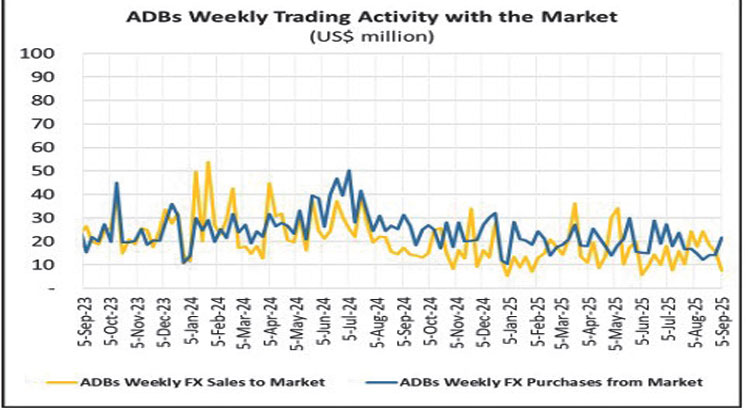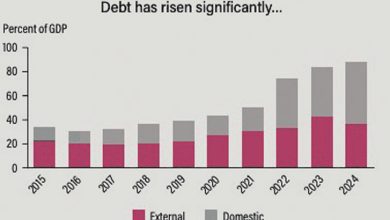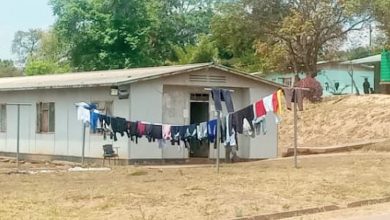RBM outlines plan to sustain forex gains
The Reserve Bank of Malawi (RBM) says it will devise a multi-pronged strategy to protect foreign exchange reserves and stabilise the kwacha as the tobacco marketing season draws to a close.
RBM spokesperson Boston Maliketi Banda was responding to questions on what the central bank will do to sustain foreign exchange gains from tobacco, which has earned the country $525.4 million (about K921.5 billion) in 24 weeks.
He said the measures are aimed at sustaining July’s improved external position, when the country’s trade deficit narrowed to $173 million (about K303 billion), the lowest in months, and total foreign exchange reserves climbed to $607.7 million (about K1 trillion), equivalent to 2.4 months of import cover.

Said: Maliketi Banda: “Our approach is focused on structural reforms and enhanced market integrity. We have reduced the mandatory export surrender requirement from 30 percent to 25 percent to incentivise production, introduced an electronic foreign exchange tracking system to curb illicit trading and strengthened compliance oversight for authorised dealer banks.”
He said the central bank is also formalising mineral revenue streams and linking financial institutions with the private sector to finance export-oriented production.
Maliketi Banda said the measures are designed to shift Malawi’s foreign exchange management from dependence on seasonal inflows to a more durable foundation.
“While we remain vigilant to global and seasonal pressures, we expect these deliberate policies to continue supporting a stable exchange rate and a gradual strengthening of our import cover position,” said Maliketi Banda.
The interventions come at a time Malawi continues to grapple with a widening trade deficit.
RBM data show that the country recorded a cumulative trade deficit of $1.6 billion (K1.7 trillion) between January and June 2025, a 15 percent rise from the $1.38 billion (about K2.4 trillion) recorded in the same period in 2024.
July’s outturn offered temporary relief as exports surged by 59.1 percent to $117.1 million (K204.9 billion), driven mainly by tobacco and pulses while imports fell 6.9 percent to $290.1 million (K507.9 billion) on lower fuel and vehicle purchases.
Economists, however, warn that without structural reforms, Malawi risks seeing the deficit widen again once the tobacco season ends.
“This is temporary relief as tobacco continues to dominate Malawi’s export basket and once the season ends, the trade gap may widen again,” said Scotland-based Malawian economist Velli Nyirongo.
RBM’s interventions are being complemented by government’s efforts to diversify exports and expand access to regional markets.
Ministry of Trade and Industry spokesperson Patrick Botha said in an interview on Friday that government continues to implement the National Export Strategy II to guide the transition away from tobacco dependence.
“The strategy prioritises high-potential non-traditional exports such as macadamia, sugar and ethanol, legumes and pulses, maize seed, coffee, tea, fish and wood products, alongside services in tourism, transport and finance,” he said.
Botha said Malawi is actively negotiating market access under Southern African Development Community, Common Market for Eastern and Southern Africa and African Continental Free Trade Area and has signed agreements with countries such as China and India for crops such as macadamia, soybeans, groundnuts and pigeon peas.
He said the deals seek to guarantee predictable markets for Malawian exporters and generate sustainable forex earnings.





